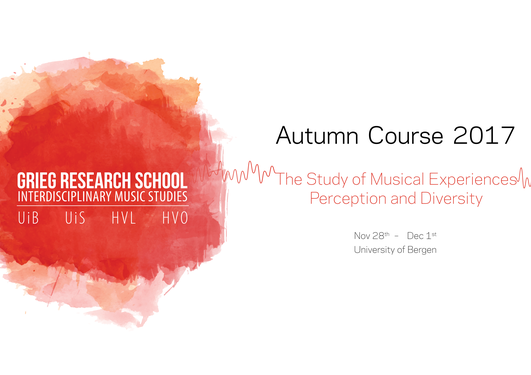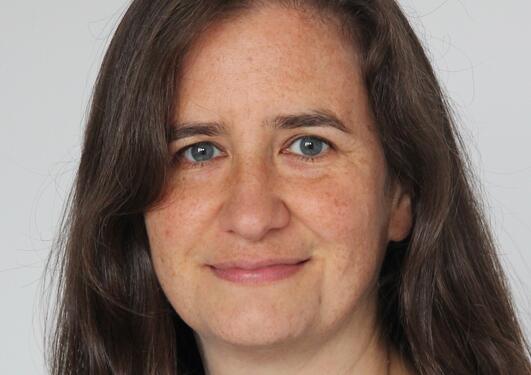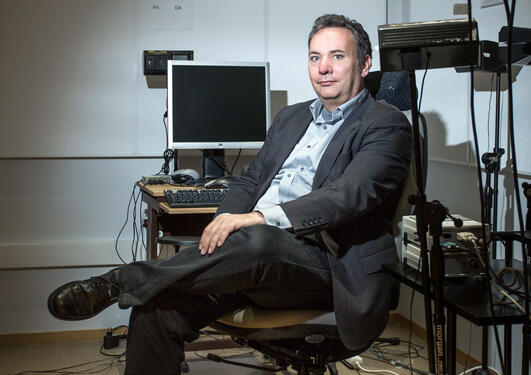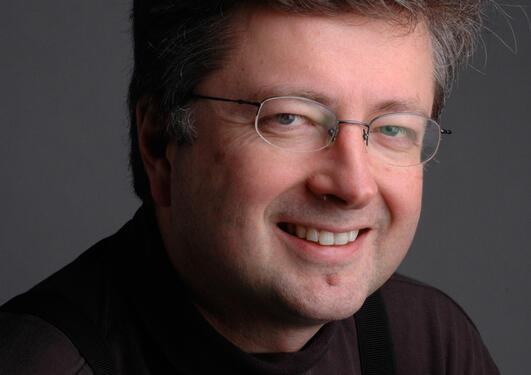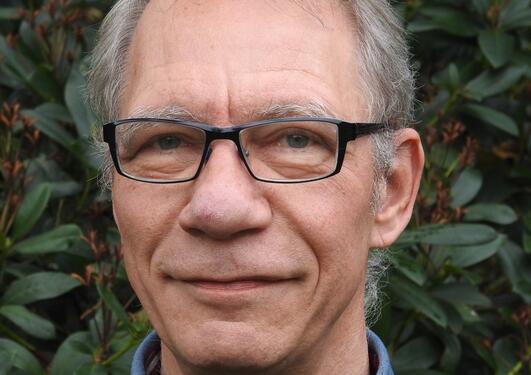Petter Dyndahl
Academization, institutionalization and "gentrification" of popular music in Norwegian higher music education and research
Main content
With a hundred years (1912-2012) of Norwegian master’s and doctoral theses written within the field of music as an empirical backdrop, this keynote will discuss the theoretical framework and present some of the research results from an extensive study of the academization of popular music in higher music education and research in Norway. Theoretically, the study builds on the sociology of culture and education in the tradition of Bourdieu and some of his successors, in the sense that the Bourdieusian concept of cultural capital, social fields and practical sense (Bourdieu, 1984; 1998; 2011) has been further developed and re-conceptualised in the forms of cultural omnivorousness (Peterson, 1992; 2005; Peterson & Simkus, 1992; Peterson & Kern, 1996), aesthetic cosmopolitanism (Regev, 2013) and musical gentrification (Dyndahl, Karlsen, Skårberg & Nielsen, 2014; Dyndahl, 2015; Dyndahl, Karlsen, Nielsen & Skårberg, 2017). The former includes popular culture in the concept of cultural capital, while the latter ones emphasizes the existence of cultural hierarchies within the popular culture itself. Having a specific interest in the hegemonic sides of the processes of popular music academization and institutionalization, the study has examined what forms of popular music have been included and excluded respectively, how this aesthetic and cultural expansion has found its legitimate scholarly expression, and which structural forces seem to govern the processes of academization of popular music in the Norwegian context. The results show that popular music to a large extent has been successfully academized, but also that this process has led to some limitations of academic openness as well as the emergence of new power hierarchies within Norwegian music academia.
Key Questions
- What forms of popular music have been included and excluded respectively in higher Norwegian music education and research?
- How has this aesthetic and cultural expansion has found legitimate expression?
- Which structural forces seem to govern the processes of academization of popular music in the Norwegian context?
Recommended Reading
- Dyndahl, P. (2015). Academisation as activism? Some paradoxes. Finnish Journal of Music Education, 18(2), 20-32. http://sites.uniarts.fi/documents/166984/205660/FJME_Vol18nro2_nettiversio.pdf/5037a779-ca47-4875-8205-0d59a4022247
- Dyndahl, P., Karlsen, S., Skårberg, O. & Nielsen, S. G. (2014). Cultural omnivorousness and musical gentrification: An outline of a sociological framework and its applications for music education research. Action, Criticism, and Theory for Music Education, 13(1), 40-69. http://act.maydaygroup.org/articles/DyndahlKarlsenSkårbergNielsen13_1.pdf
- Dyndahl, P., Karlsen, S., Nielsen, S. G. & Skårberg, O. (2017). The academisation of popular music in higher music education: The case of Norway. Music Education Research, 19(4), 438-454. http://act.maydaygroup.org/volume-13/
Biography
Petter Dyndahl is professor of musicology, music education and general education at the Inland Norway University of Applied Sciences, where he was head of the Ph.D. programme in teaching and teacher education from 2012 to 2017. He has published research results in a wide range of disciplines, including music education, sociology of education and culture, cultural studies, popular music studies, music technology and media pedagogy. Professor Dyndahl has been project manager for the research project Musical gentrification and socio-cultural diversities, which was funded by The Research Council of Norway for the period 2013-2017: www.inn.no/MG

